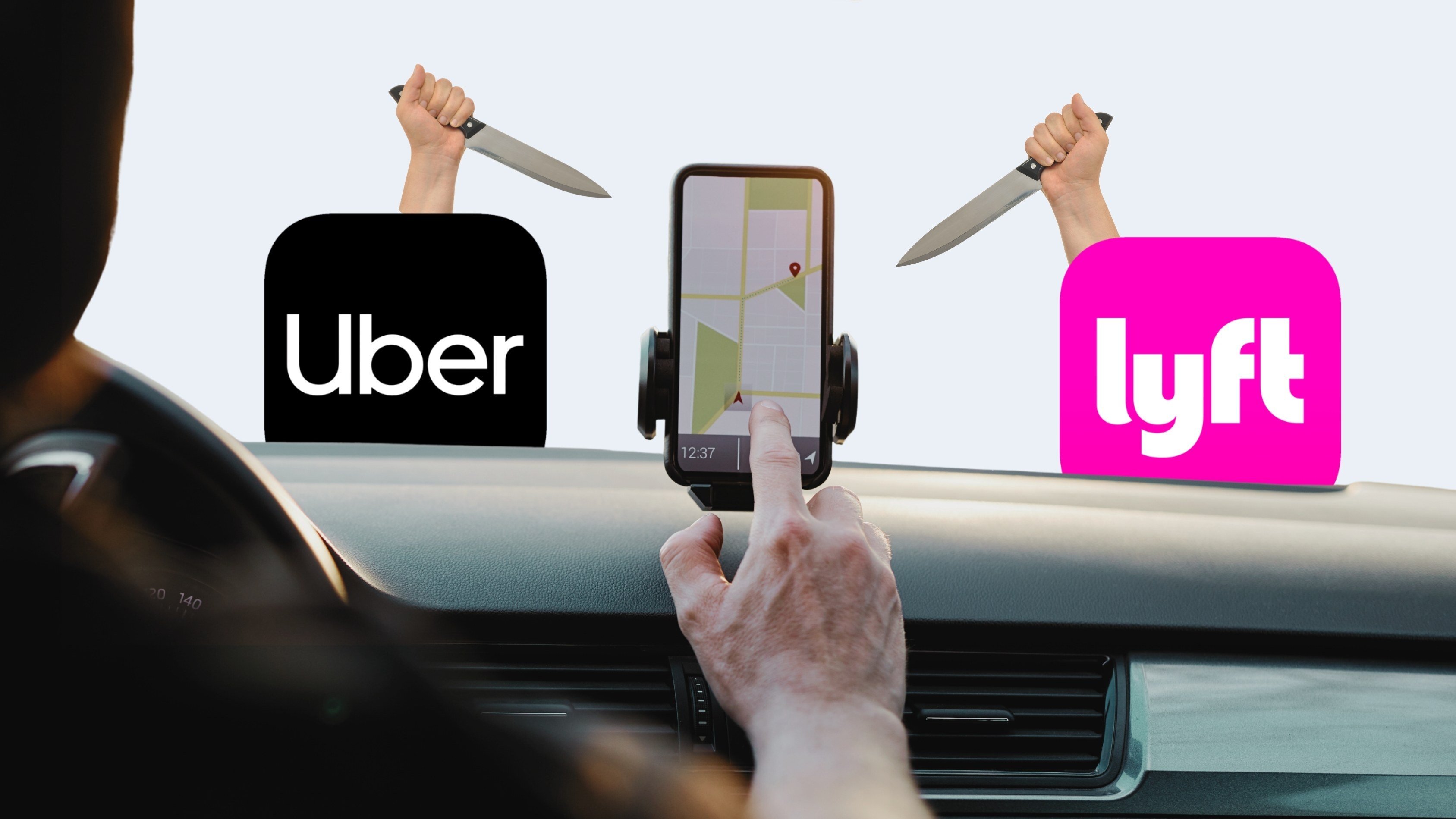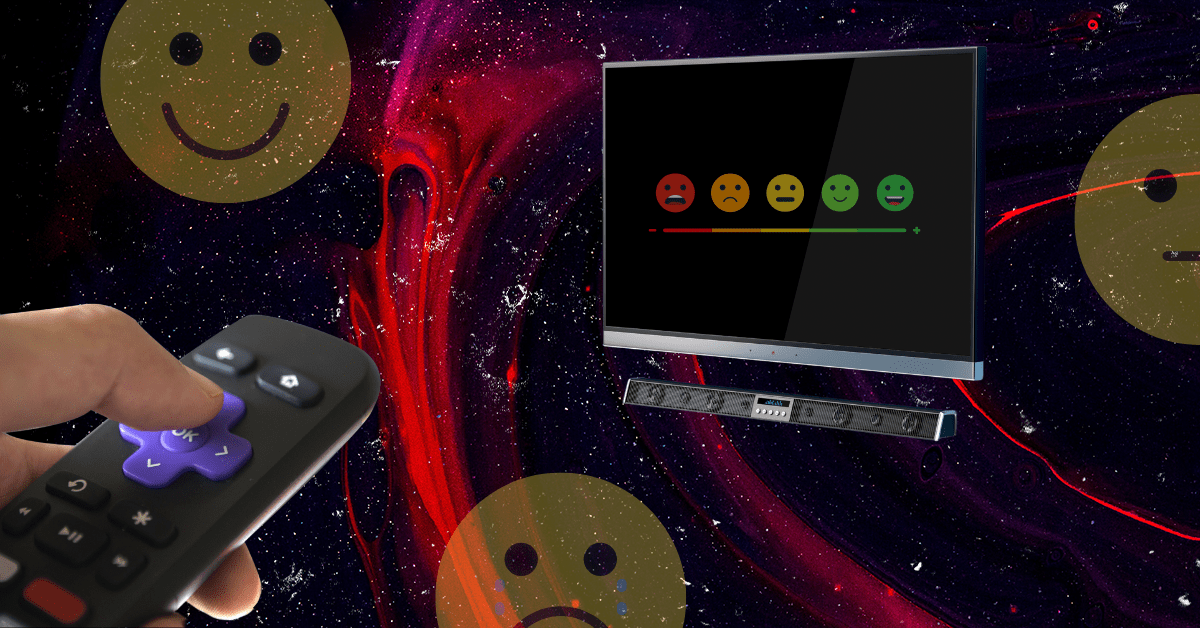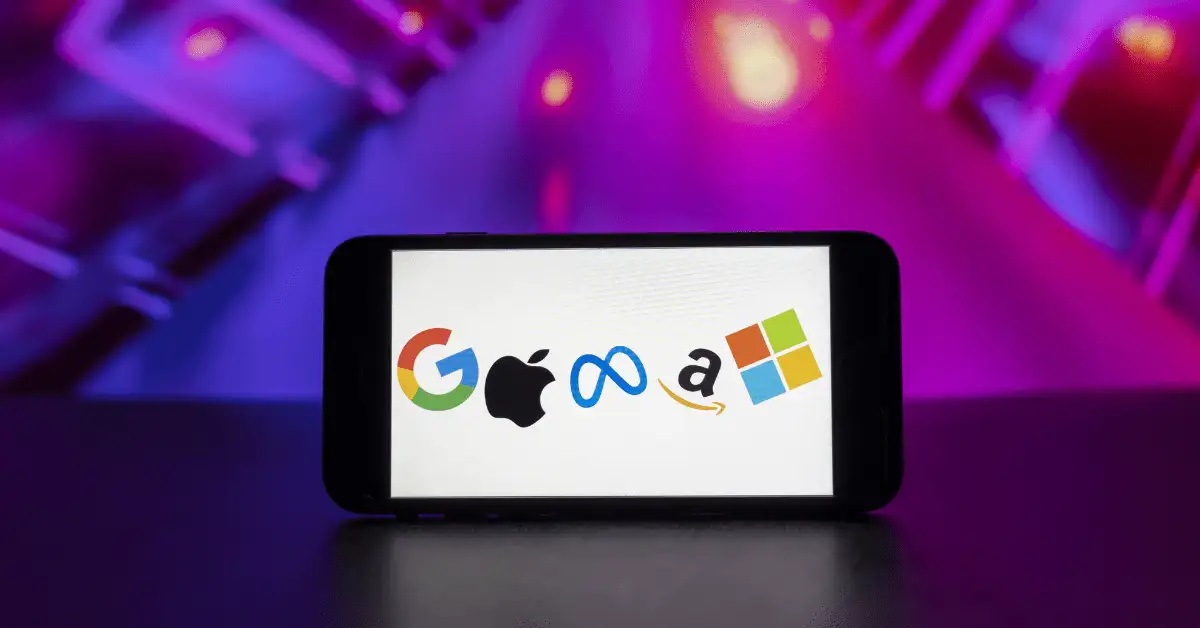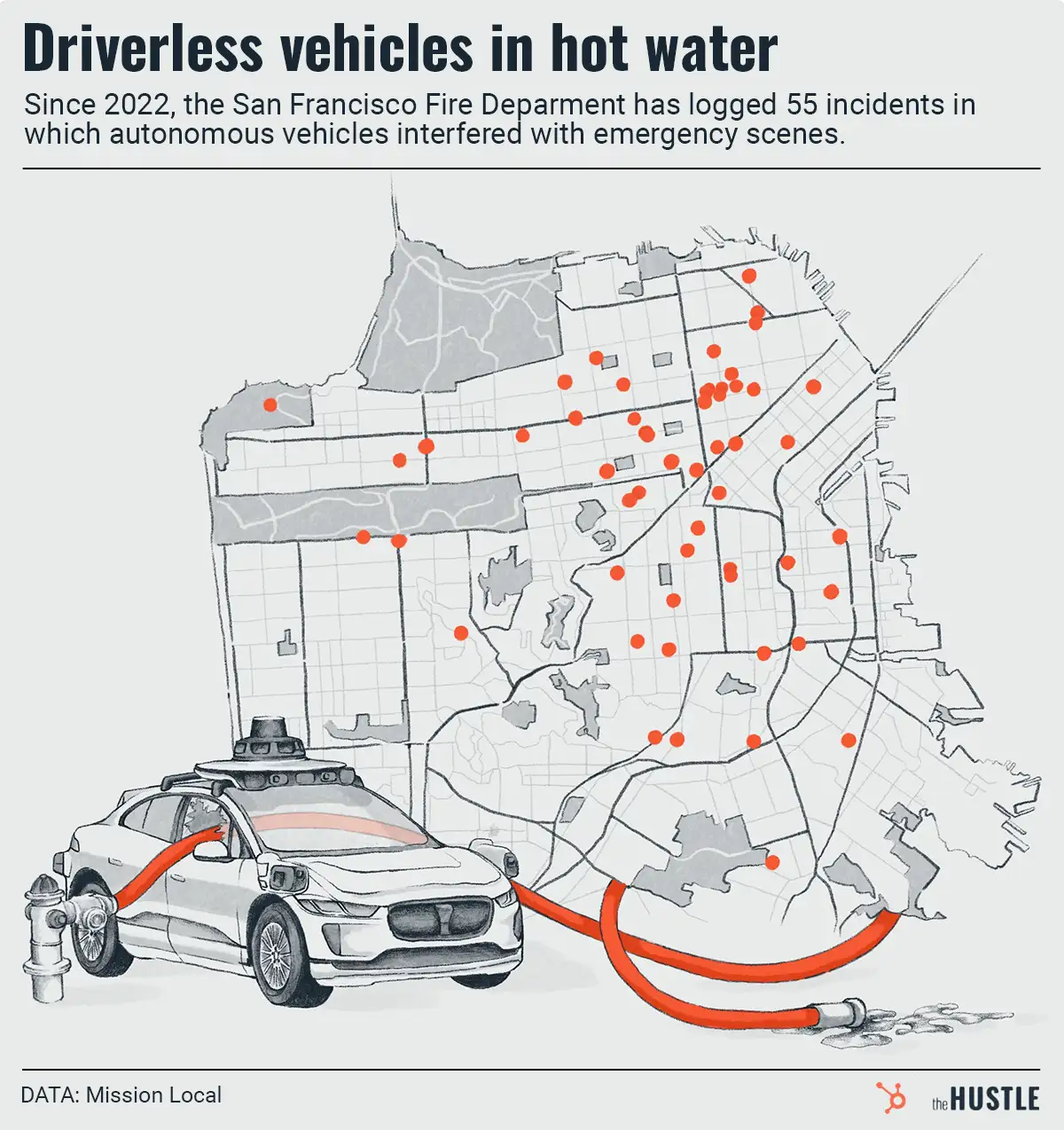Over the past 3 years, Australian regulators have been prepping a new bargaining code to force Big Tech firms to pay for content on their platforms…and matters came to a head this week.

Tech reporter Casey Newton has a great breakdown of the events:
What is Australia trying to accomplish?
Australia’s media landscape is operated by a handful of big players. They hold significant political sway and have pushed regulators to create a law to force Facebook and Google to directly pay publishers for content.
The process is decided via binding arbitration that “encourages platforms to avoid the process altogether by signing one-off deals with individual publishers.”
What did Google do?
Google has signed deals with a number of publishers — including Rupert Murdoch’s News Corp. — to pay for content in Google News Showcase.
The deal is a trade-off to make sure news links remain in search results. “Removing links to news stories from Google would break the search engine in Australia, opening it up to rivals,” says Newton.
What did Facebook do?
With only 4% of posts on its networks related to journalism, Facebook decided it won’t go into arbitration with publishers; instead, the linking and sharing of news stories in Australia is no longer allowed.
What will happen next?
Newton lays out his view:
- Google has opened itself to every other country rolling out similar arbitration deals, and the “basic tenet of the open web — that hyperlinks can be freely displayed on any website — just took a body blow.” (FWIW: Tim-Berners Lee, the inventor of the World Wide Web, says the Australian law would make the internet “unworkable.”)
- Facebook is forcing publishers to decide if the value it brings is worth it. Without official publications, the platform is ripe for more misinformation but this may also be a catalyst for people to find their news in other (potentially less toxic) channels: websites, newsletters, etc.
While Australian’s move is meant to support journalism…
… the code doesn’t actually say that publishers have to allocate money to journalists. It also misunderstands how internet content works (FB and Google do link for free).
Newton suggests more clearly impactful moves: 1) Tax Big Tech based on revenue, and earmark some of that money to support journalism; 2) Create a bargaining code that forces publishers to create and support jobs.
As is, he believes the current bargaining code amounts to a “shakedown.”










